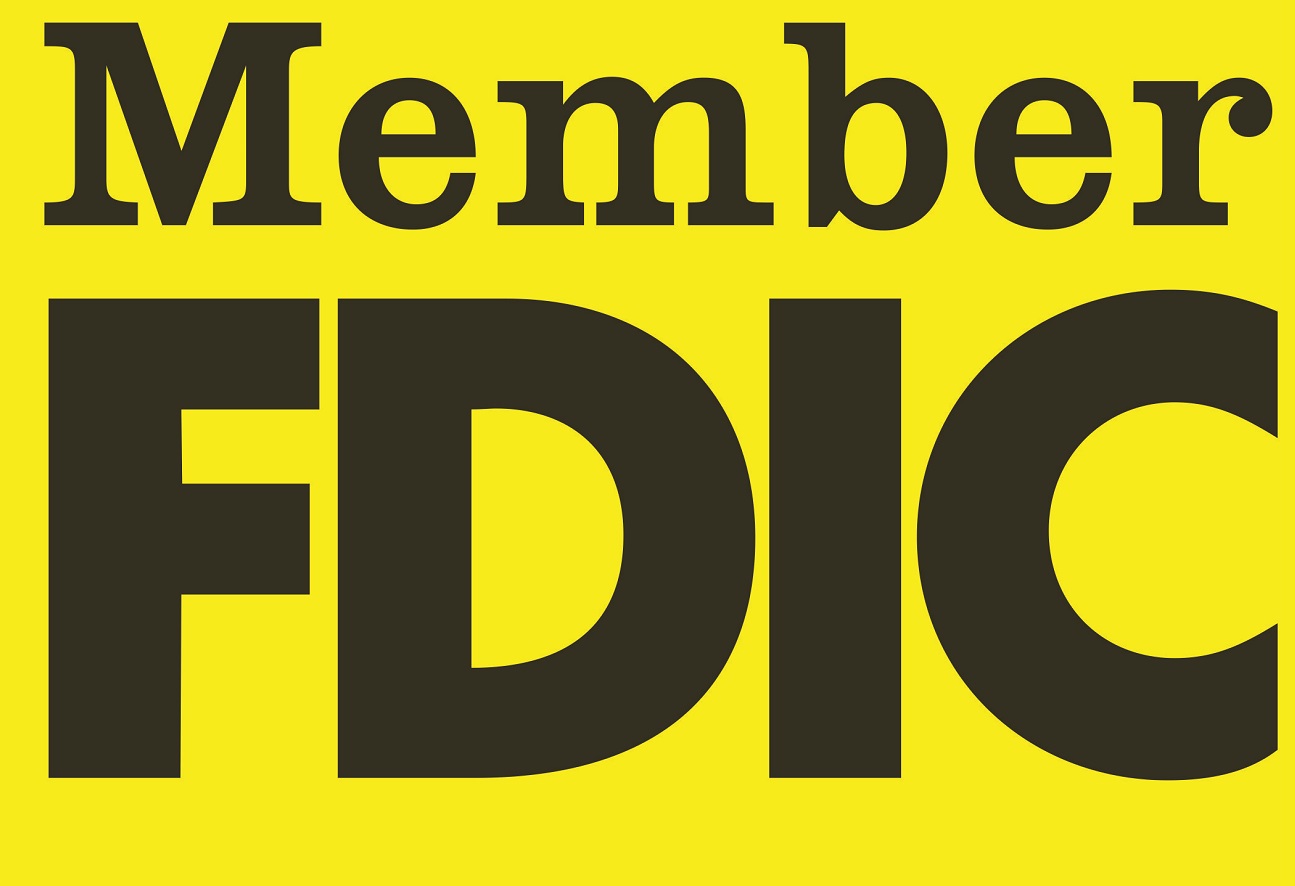In a press release by the United States Federal Deposit Insurance Commission (FDIC) on January 19, the deposit insurance agency announced it recently sent Atmos Financial and five other firms cease and desist letters for making misleading claims about their deposit insurance status, violating the FDI Act.
The statement identified Atmos Financial, BybitcoinEx, ORGANO Payments, Horizon Globex GmbH, and Zil Money Corporation as the culprits, ordering them to take immediate corrective action to address the misrepresentations and false statements as alleged by the FDIC.
While quoting relevant sections of the FDI Act, the FDIC maintained that the affected firms made several misrepresentations. The FDIC also claims authorization to enforce the constitutional prohibition against any violating entity.
BybitcoinEx, Four Others were Affected
The statement listed the five erring companies as Atmos Financial, BybitcoinEx, ORGANO Payments, Horizon Globex GmbH, and Zil Money Corporations, with some of these companies only liable due to misleading claims or misrepresentations by their subsidiaries.
Atmos Financial describes itself as a company focused on carbonization issues. BybitcoinEx appears to operate a cryptocurrency exchange platform from Bybitcoinexs(dot)com, and ORGANO Payments Inc. is a holding company for the violator: OGPay Mobile Wallet.
Other violators include Horizon Globex, a company that claims to build and operate global securities exchanges, and Zil Money Corporation, a fintech firm into cloud-based online banking and financial management services.As expected, none of the companies implicated in the press statement are big names in the digital finance field. With some not even native to the United States, holding trading or bank accounts with any of them already sounds like a bad idea.
What Did These Companies Do?
In the separate letters sent to the violating companies, we learned the context and content of each violation, with most of them overstating the extent of their deposit insurance and others lying to make it appear like they insure deposits.
BybitcoinEx alleged violations, the company (allegedly) claims the FDIC insures all dollar cash balances up to $250,000, a claim the agency denied and tagged as false and intended to mislead. The letter went on to order the company to remove any claims of FDIC insurance on uninsured assets while demanding the submission of a confirmation letter within 15 days of receipt.
While Atmos Financial did not claim to be insured by the FDIC on its official website, the agency pointed out that the financial ads on a YouTube show claim full insurance when the bank is not. Similarly, the FDIC required Atmos Financial to make all corrections and reach back to the agency within 15 days to confirm its compliance with the demands.
ORGANO Payments’ subsidiary OGPay constantly markets itself as FDIC-insured on X (formerly known as Twitter), Facebook, and different app stores. The app also contains similar claims on its Partners page, the News & Views page (a section), and within a video dialogue posted on the app’s official website.
Like the other erring companies, the FDIC ordered ORGANO Payments and its subsidiary OGPay through its letter to remove all explicit and implicit suggestions of FDIC insurance. In addition to that, the agency also requested the firm to provide a written confirmation within 15 days of receiving the cease and desist letter.
Horizon Globex and Zil Money Corporation allegedly lied to users about insuring their deposits (up to $250,000), leading the FDIC to order immediate cease and desist letters. As with other affected companies, both financial companies must report back within 15 days or face the consequences.
What are the Consequences?
The FDIC threatens to take appropriate action as authorized by the Federal Deposit Insurance Act if the companies involved fail to report back within the stipulated deadlines. It also confirms that the letter doesn’t bar any federal or state agency, including itself, from investigating or prosecuting the affected companies for other violations.
Erring institutions that fail to correct the relevant misrepresentations or get back to the FDIC for any disagreements about the accusations will potentially face fines or asset seizure, as is the custom with the deposit insurance agency.








